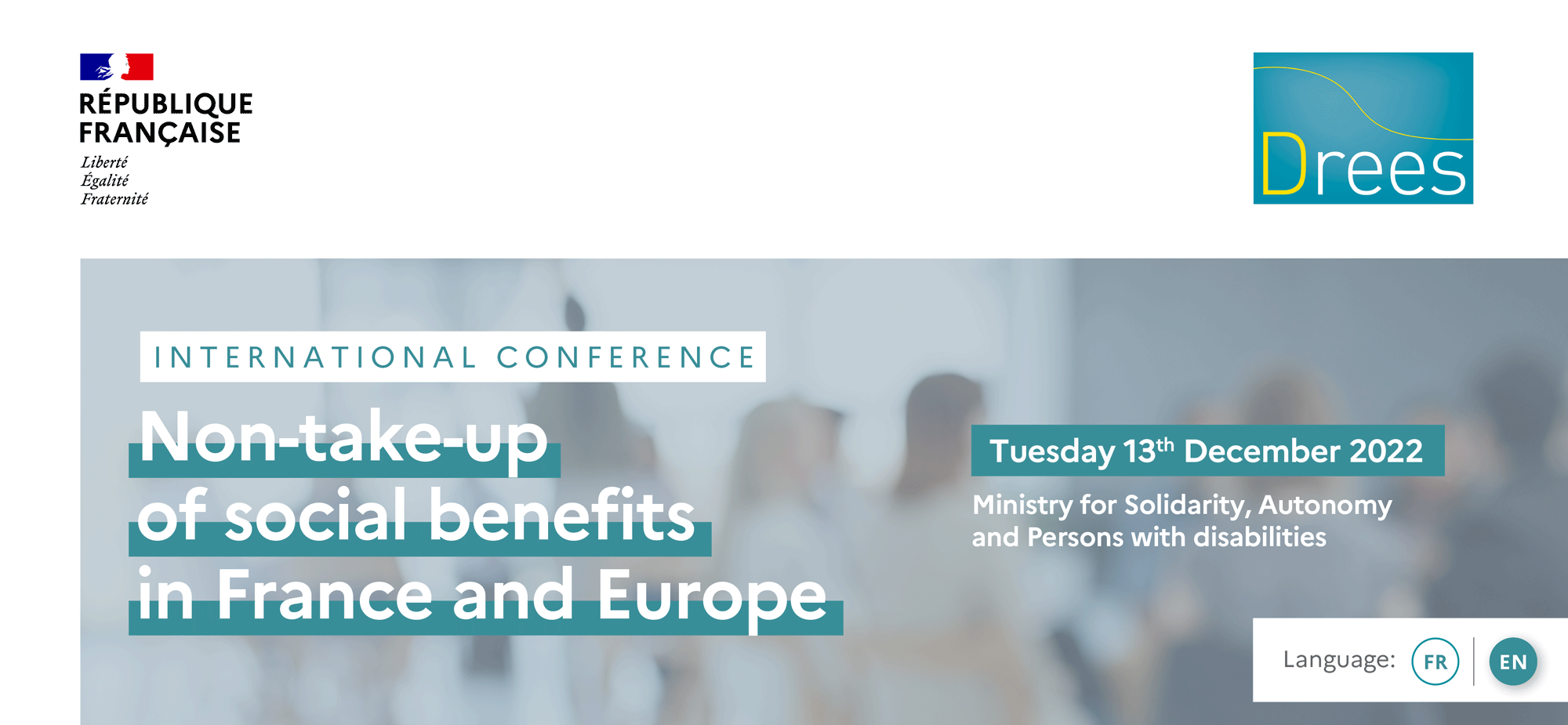Access to social rights and services, as well as the fight against non-take-up are some of the strategic focal point on decreasing and preventing poverty policies. They are the subject of growing interest in many countries.
In view of the magnitude of this phenomenon, the European Commission, in its recent proposal for recommendations on "adequate minimum income", has made the reduction of non-take-up of social benefits one of its policies’ primary objectives in Europe. Furthermore, France is following the same with its "Solidarité à la source" project and the "zero non-take-up territories" experiments.
DREES’ (Directorate for Research, Studies, Evaluation and Statistics, Ministry for Solidarity, Autonomy and Persons with disabilities) recent studies show that non-take-up frequently culminate above 30% in France. This is the case for the RSA (minimum income) and the solidarity allowance for the elderly which concerns one in two persons. DARES’ (Directorate for Animation of Research, Studies and Statistics - Ministry of Labour, Full Employment and Inclusion) findings have shown comparable rates for non-take-up’s unemployment allowance to be between 25% and 42%.
Following the above studies, DREES is organizing an international conference about the non-take-up of the social benefits with researchers, decision-makers and field workers from all over Europe. This will then provide an opportunity to review:
• the magnitude of this phenomenon;
• the quantifying methods of non-take-up;
• the prospects towards improving knowledge of non-take-up;
• the political initiatives put in place to fight against non-take-up (specific to some countries).
The discussions will be conducted both in English and in French and will be translated respectively.
|

